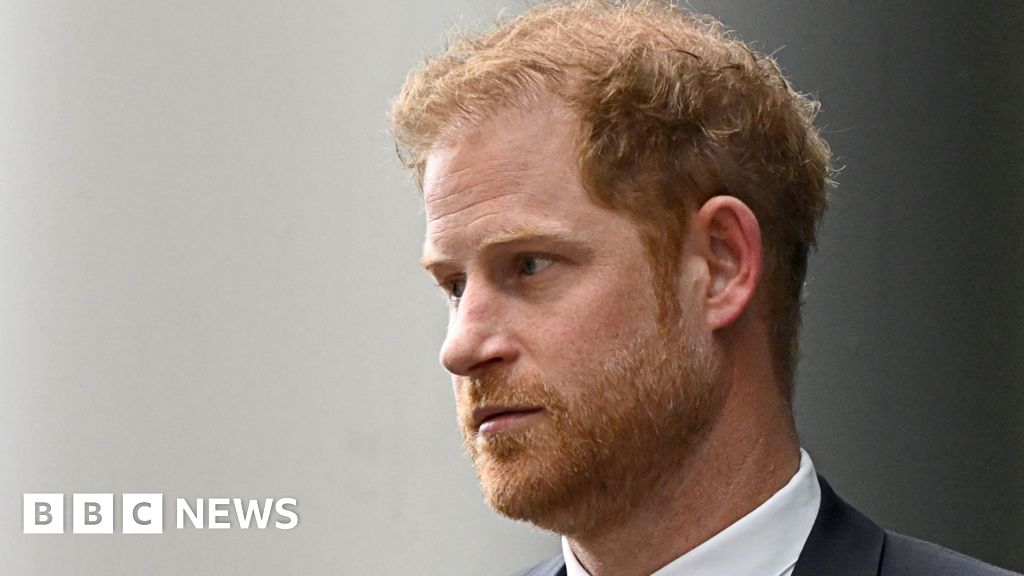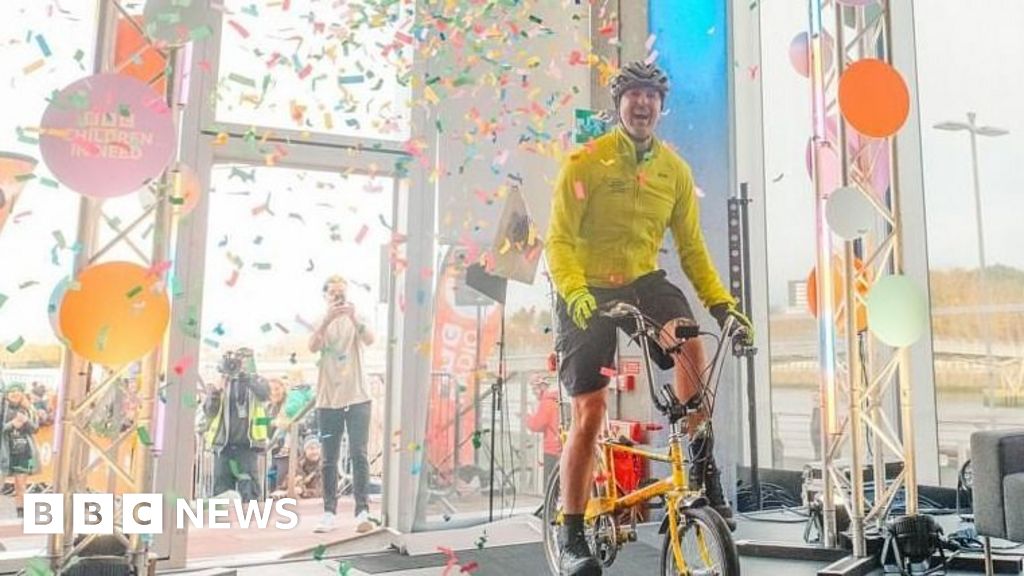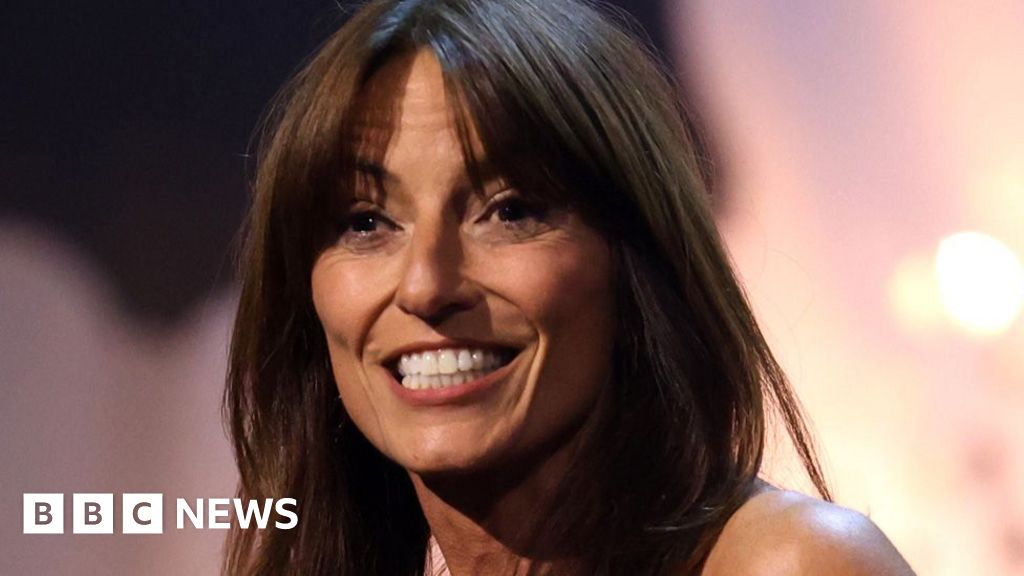ARTICLE AD BOX
Image source, Getty Images
Image caption,Campion enjoyed a very successful weekend on the awards circuit
Jane Campion picked up best director at the Critics Choice Awards in Los Angeles on Sunday - her third triumph this weekend, following wins at the Directors Guild Awards and the Baftas.
Her film, The Power of the Dog, won best picture, while she also picked up best adapted screenplay.
Will Smith, Troy Kotsur and Ariana DeBose all won equivalent acting prizes at the Critics Choice and Baftas.
This year, both ceremonies took place on the same night.
The Critics Choice was originally scheduled for January but was pushed back due to Covid-19 concerns.
With the ceremony happening in LA just hours after the Baftas in London, nominees were left with a dilemma over which to attend.
Some managed to do both - courtesy of a parallel live-stream event for the Critics Choice at London's Savoy Hotel, where the Baftas took place.
They included Lady Gaga and Ted Lasso's Hannah Waddingham, who managed to walk the red carpet for both events.
Image source, Getty Images
However, both Campion and Smith, who won best actor for King Richard, received their Critics Choice prizes in person in LA.
"We are so proud and so grateful to the Critics Choice Awards for choosing us," said Campion. "I've still got some PTSD from critics going back to early in my career!"
"I'm like the grandmother in the women's movement in film now. But I'm still here," she added.
Image source, Getty Images
Image caption,Smith joked that "actors should get more time" after he was told to wrap up his acceptance speech
However, she drew criticism from some quarters after she joked about getting tennis lessons from Venus and Serena Williams, who were at the event to support the film King Richard, based on their father and former coach.
"Venus and Serena, you're such marvels," Campion said during her speech. "However, you don't play against the guys like I have to."
Film and TV producer Franklin Leonard said the comment was "unnecessary", adding that Serena had more grand slam titles than any man, while only four men had more than Venus.
Author, lawyer and activist Dr Shola Mos-Shogbamimu tweeted: "White women centering [sic] themselves over Black women is so normalised," describing the comments as "unnecessary, petty and ugly".
Across the pond, Benedict Cumberbatch accepted Campion's Bafta directing award on her behalf, while King Richard director Reinaldo Marcus Green stood in for Smith
But Ariana DeBose was among those who picked up her Bafta in person for best supporting actress in West Side Story, as did Troy Kotsur for best supporting actor (Coda).
The BBC's Katie Razzall met Jude Hill, the 11-year-old star of Kenneth Branagh's most personal film, Belfast
After Britain's biggest film awards were dominated by Hollywood, it turned out to be a good night for British talent on the other side of the Atlantic.
Although Sir Kenneth Branagh missed out on best director for Belfast, his semi-autobiographical film scooped the Critics Choice awards for best acting ensemble, best original screenplay and best young actor/actress for its 11-year-old star Jude Hill.
That was a vast improvement on its Bafta performance, where Belfast had six nominations but came away with just one award - best British film.
Hill attended the Critics Choice Awards, giving an endearing speech during which he joked that his younger brother and sister were "copycats" because "they're getting into acting as well".
Image source, Getty Images
Image caption,Jude Hill was clearly delighted with his win
He also thanked his parents for "always being there and... letting me go down this path in the first place" and Sir Kenneth "for choosing me."
Other big winners included Jessica Chastain, who won best actress for the Eyes of Tammy Faye and Japan's Drive My Car, which won best foreign language film.
The Critics Choice also honour TV work, including wins for Netflix's Squid Game in best foreign language series; best actor in a TV series for Lee Jung-Jae.
Ted Lasso swept the TV comedy awards, with four in total including a supporting actress prize for British star Hannah Waddingham.
Image source, Getty Images
Image caption,Halle Berry won the SeeHer award
Fellow UK actress Kate Winslet was also a winner for her role in Mare of Easttown.
Meanwhile, Billy Crystal was honoured with a lifetime achievement award, and Halle Berry received the SeeHer award, a prize that recognises women who push through boundaries and defy stereotypes in the industry.
In her acceptance speech, Berry said it was time to see and create stories for women in which audiences "see us fully in all our multitudes and contradictions because we are confident and we are scared.
"We are vulnerable and we are strong, we are beautiful and we are abused. We are everything and all of that, and all at the same time."

 2 years ago
61
2 years ago
61








 English (US)
English (US)